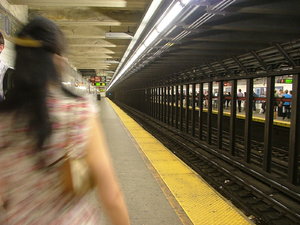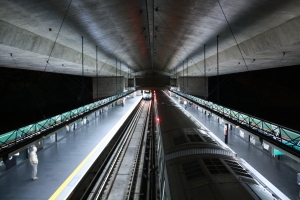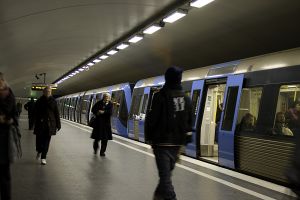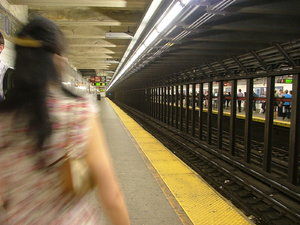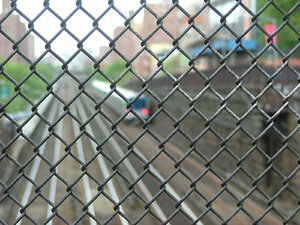According to officials with the Massachusetts Bay Transportation Authority (MBTA), there are going to be roughly 400 new surveillance cameras placed along six Red Line stations. They’re planned to go up in 2013, according to the Boston Globe.
They’ll be going up at Porter, Kendall/MIT, JFK/UMass, Harvard, Charles/MGH and Andrew stations.
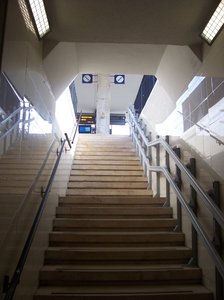
These cameras are part of a plan to double the security in these areas. They’ll eventually be at other stations, including bus, train, subway and other T stations. Residents can expect thousands of cameras, all funded through federal grants.
Our Boston personal injury attorneys understand that T stations can get pretty dangerous. Not only do you have to worry about accidents happening with the trains, buses and subways, but you also have to beware of the riders as well. You need to keep safety as a number one priority. Make sure you’re a safe traveler in all aspects of the term. Stay aware of your surroundings and travel with a plan.
The JFK/UMass will be the first of the stations to get these cameras. It’s getting more than 50. They will be going up during the end of the spring season or early in the summer. The rest are planned to go in during next fall or winter.
In addition to these expected cameras, the T installed and recently activated nearly 20 cameras on the Fairmount commuter rail line at the new Talbot Avenue Station. Close to 20 more are going in at the Morton Street station, too.
“The projects are part of the MBTA’s ongoing efforts to standardize security…to ensure that law enforcement personnel and first responders have situational awareness in the event of an emergency or security incident,” said Joe Pesaturo, T spokesman.
Cameras have already been going up at almost all of the T stations across the state over the last 5 years. More and more trains and buses have them nowadays, too. Officials say that it’s not only about monitoring transit operations, but it’s about keeping an eye on rider safety, too!
Some groups, like the ACLU of Massachusetts, have voices concern that these new surveillance cameras are serving as a potential invasion of privacy. Whether riders agree or disagree with them — they’re still going up and they’re keeping their eye on you!
Officials with the MBTA remind riders to pay attention to personal safety while using the T. Make sure you’re always aware of your surroundings and of the people who are around you. Try to avoid listening to headphones so that you can hear what’s around. This will help to keep you from being a target for predators. Don’t talk to strangers, especially when you’re in an isolated area. If you’re carrying a wallet, make sure you keep it in your front pocket. If you ever get attacked, scream loudly! You can even blow a whistle, if you carry one, to help to draw attention. You also want to stay one step ahead of the traffic around you, including other travelers and of the trains, buses and subways. Travel wise, travel alert and travel safe!
Continue reading

 Boston Personal Injury Attorney Blog
Boston Personal Injury Attorney Blog



